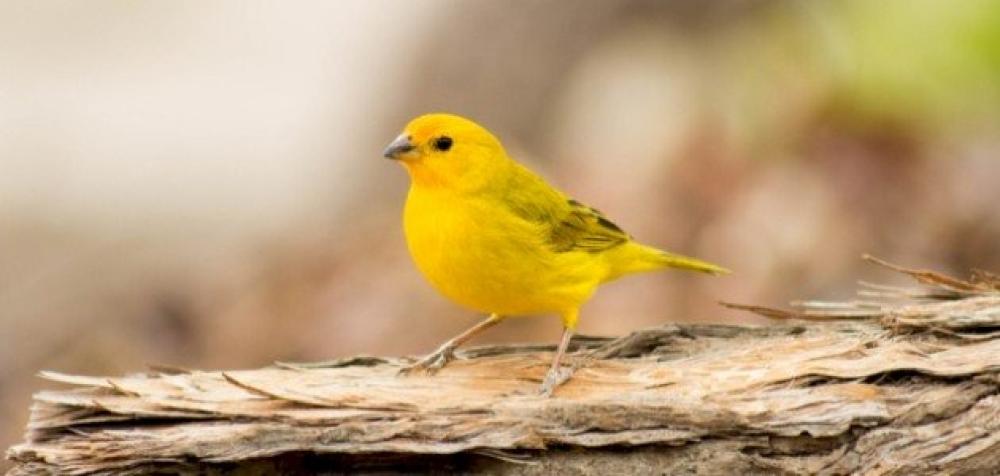Worms in canaries
It is essential to know the symptoms of worm infection and how to prevent it to maintain the health of your canary. We realize how important it is to maintain the health of your canary, and therefore, we will provide you with all the important information to treat worms correctly and effectively.
Know the symptoms of worms in canaries:
- Lack of appetite and continuous weight loss.
- Chronic diarrhea or constipation.
- Seeing worms in the stool or vomit.
- Constant sneezing or rapid breathing.
- Inflammation of the abdomen or swelling in the abdomen.
If you notice any of these symptoms in your canary, you should treat the canary for worms as soon as possible.
Methods of treating worms in canaries:
Worms in canaries can be treated using the various available methods, which include:
1. Drug treatment: Using drug treatment requires going to a veterinarian who specializes in canaries. Treatment for intestinal worms is usually prescribed, using tablets or a suitable liquid that is given through the beak or drinking water.
Drug treatment is often very effective and fast in getting rid of worms in canaries.
2. Alternative treatment: Alternative treatments include herbs and plants that work to kill worms using natural materials. However, an expert should be consulted before using natural treatment to ensure that it is safe to use.
3. Environmental methods: Environmental treatment involves using methods based on proper nutrition and hygiene, which leads to removing the environment suitable for worms and limiting their spread in canaries. If this type of treatment is used, the canary should be carefully monitored to ensure the effectiveness of the treatment.
Veterinary consultation:
When treating worms in canaries, there are many things that must be carefully considered. An experienced veterinarian can help you in this regard. Therefore, you should consider consulting a veterinarian who specializes in treating canaries to get the appropriate advice and correct treatment.
You should not contribute to diagnosing the canary yourself and appointing the treatment, as this may lead to many problems that can cause greater health problems for the canary. Therefore, you should contact a specialized veterinarian to determine the main cause of the worm infection and suggest the best treatment according to the case.
Preventing worms in canaries:
Good hygiene: The canary cage must be kept clean and dry at all times, as moisture and dirt cause bacteria, viruses and worms to multiply. It is recommended to clean the canary cage daily using soap and water, and dry it well before putting the canary back in it.
Proper nutrition: It is recommended to feed the canary in a healthy and sound manner, as poor nutrition affects the canary's health and makes it more susceptible to worms and other diseases.
Do not share food: Canaries should not share contaminated foods or foods eaten by humans, as these foods can transmit worms and other diseases to the canary.
Avoid insects: It is recommended to stay away from insects that the canary is exposed to, as insects are a major source of transmitting worms and other diseases to the canary.
Environmental care for canaries:
To avoid worms or any other health problems, a suitable environment must be provided for the canary to live in. Here are some tips on environmental care for canaries:
- Clean the cage regularly using safe and toxic-free materials.
- Provide clean brush, clean water and healthy food.
- Maintain a suitable temperature and do not allow the canary to be exposed to cold or excessive heat.
- Remove any food leftovers from the cage regularly and avoid excessive accumulation in the cage.
- Provide enough space for the canary and avoid excessive friction with objects in the cage.
We, the seventh bird, suggest a clinic for you pet.code.clini: To get the best and best treatment, you can get free medical consultation through the WhatsApp number 0544789504

